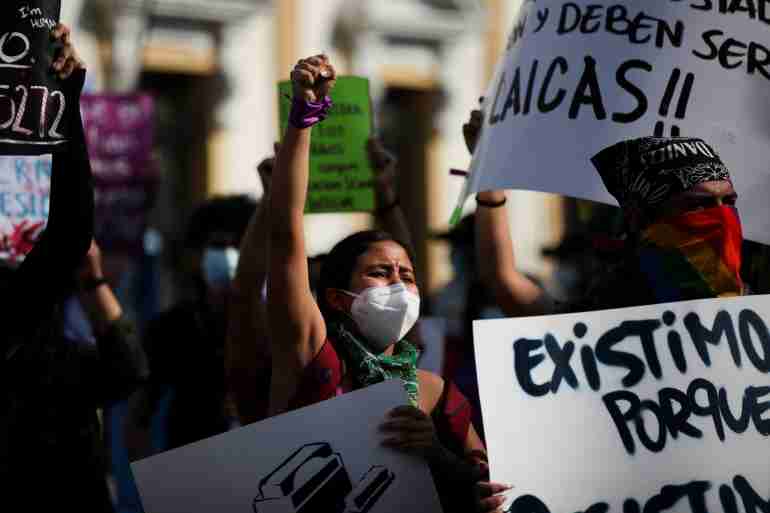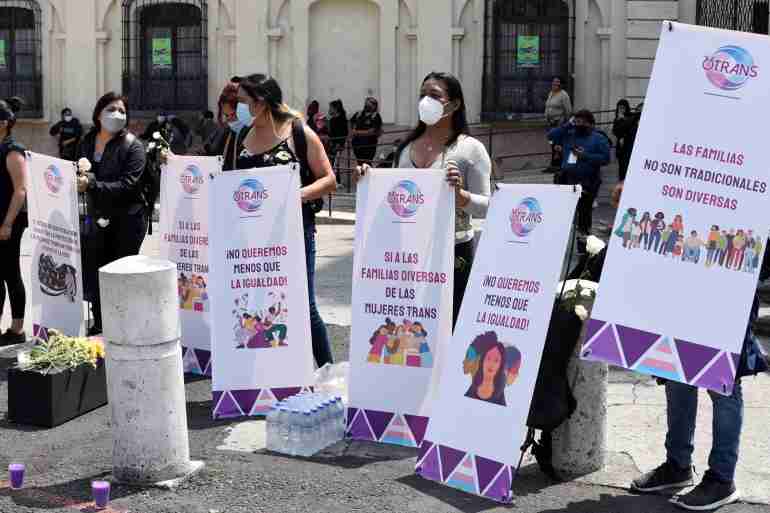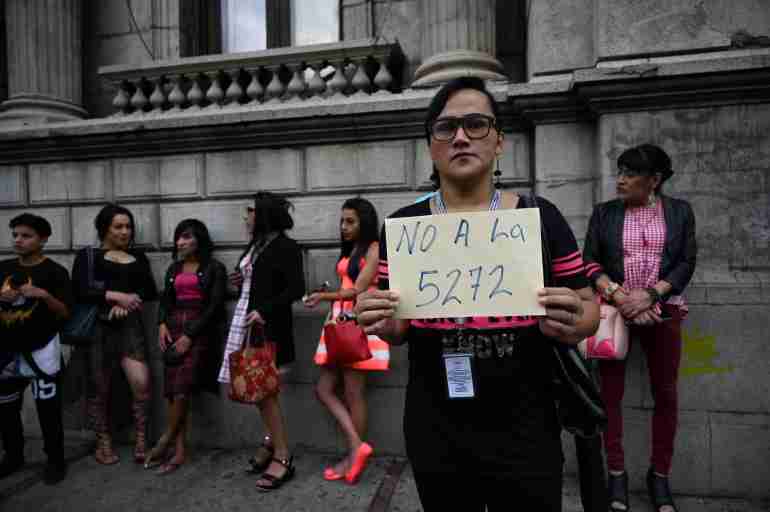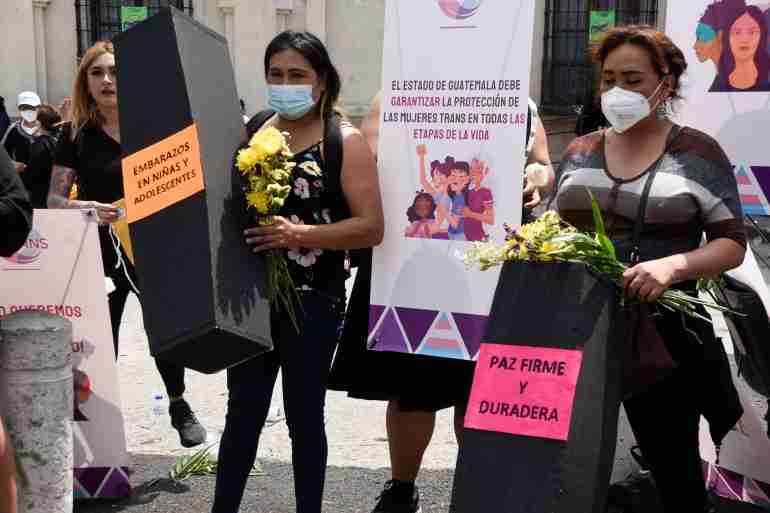Guatemala Has Passed A Bill To Ban Same-Sex Marriage And Jail Women For 25 Years For Having An Abortion
Guatemala’s congress has passed a bill that would ban same-sex marriage, increase prison sentences for women who have abortions up to 25 years and prohibits schools from teaching sexual diversity.

Guatemala’s congress has passed a bill that would ban same-sex marriage, increase prison sentences for women who have abortions up to 25 years and prohibits schools from teaching sexual diversity.
The “Life and Family Protection Law” was passed with an overwhelming majority on Mar. 8, International Women’s Day.

Only eight of the 160 Guatemalan lawmakers voted against it.
The bill prohibits unions from same-sex couples and states a matrimony is only made up of a man and a woman.

Abortions are already illegal in Guatemala, and the maximum penalty had been up to three years.
If the bill passes, women who seek abortions may face five to 25 years in prison, one of the harshest sentences in Latin America.

The bill also prohibits schools from teaching “sexual diversity”, “gender ideology” or educating about “sexual behavior different from heterosexuality and incompatible with the biological and genetic aspects of the human being.”

Armando Castillo, a lawmaker in favor of the law, has said the bill protects “heterosexual people who have no interest in diversity,” the Guardian reported.
Despite the recent victories legalizing same-sex marriage in Chile and decriminalizing abortion in Colombia, the bill is seen as a major setback for women and LGBT rights in Latin America.
Opposition lawmaker Ligia Hernández Gómez told Congress the law will impact thousands of Guatemalan women that lack proper healthcare access.
Human rights organizations have criticized the measure as a violation of human rights.
“This is the most regressive and wholesale attack on the rights of women and LGBT people that has been passed by a national legislature in Latin America in at least the last 10 years,” Human Rights Watch said.
Guatemala’s conservative president, Alejandro Giammattei, has to sign the law for it to take effect.
However, Giammattei said on Thursday March 10 that he would veto the bill, calling it unconstitutional and in violation of international conventions, Reuters reported.
He made the announcement just hours after hosting an event with evangelical pastors where he declared the country to be the “pro-life capital of Iberoamerica,” according to Reuters.




